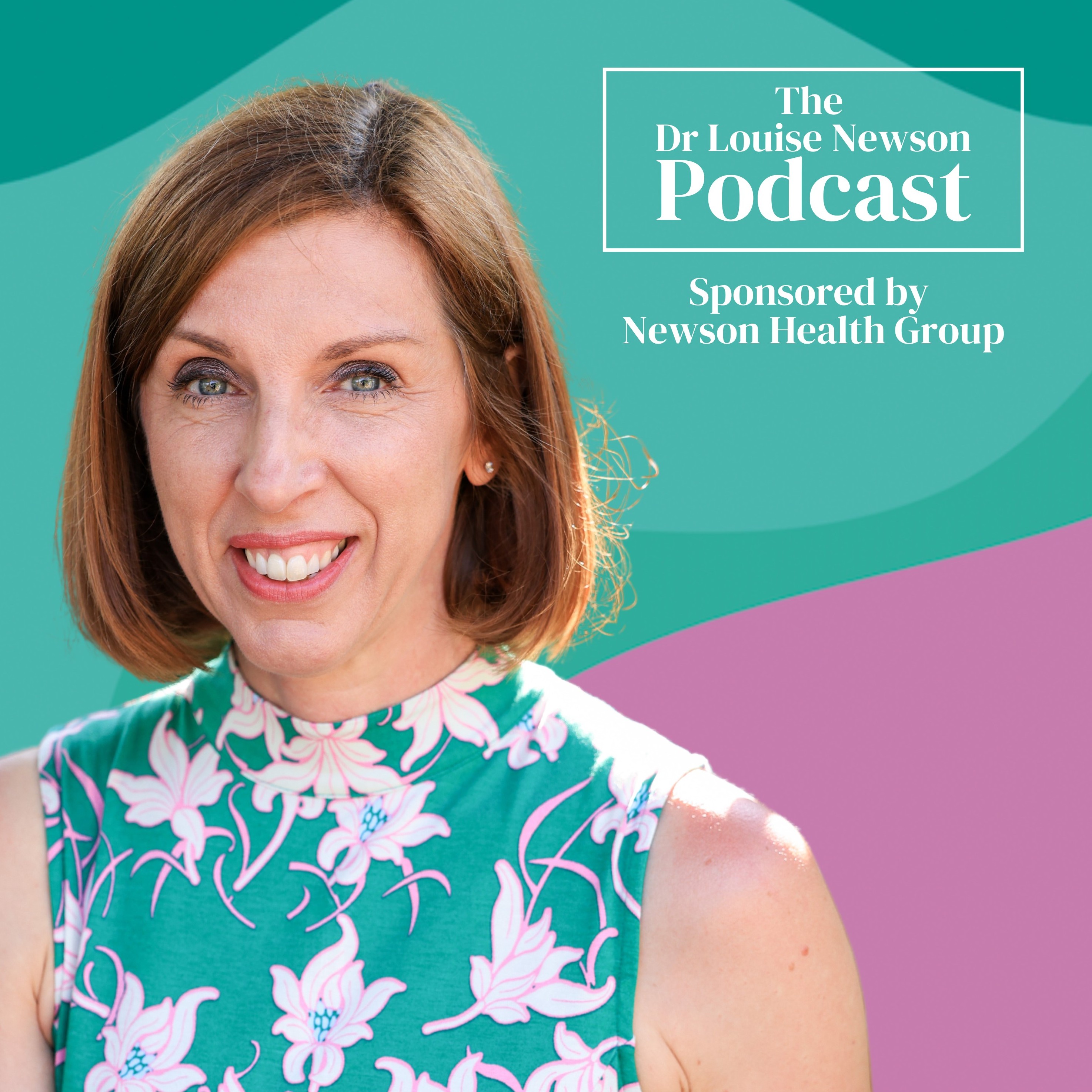279: Heart health, hormones and menopause: what you need to know, with Dr Jeremy London
Description
Cardiovascular disease is the leading cause of death in women and this risk increases after the menopause, and a woman’s risk of heart attack is around five times higher after the menopause than before*.
Joining Louise on this week’s podcast is Dr Jeremy London, a board-certified cardiothoracic surgeon based in the US, to discuss heart health, hormones and menopause.
They discuss the role of oestrogen in reducing inflammation in the body, why women typically present with different heart attack symptoms compared to men – and the signs to look out for – and the crucial role of nutrition and exercise in maintaining good heart health.
Finally, Dr London shares his top three tips on what women (and men!) can do to help their future cardiac health:
Don't smoke: it is the single worst thing you can do for your health in general. From a cardiac standpoint, from a blood vessel standpoint, for the risk of lung cancer.
Nutrition: avoid processed foods and eat real, whole foods.
Exercise and recovery: look to incorporate resistance training and some aerobic training, and don’t forget about recovery and prioritising sleep.
*El Khoudary, S.R. et al. (2020), Boardman, H. et al. (2015).
Follow Dr London on Instagram @drjeremylondon
For more information on Newson Health, click here.
Dr Louise Newson’s first-ever live theatre tour, Hormones and Menopause – The Great Debate, runs until 12 November. For more information and tickets, click here.
More Episodes
On this week’s podcast, Dr Louise Newson is joined by Dr Rebecca Walker, a GP who specialises in headache medicine and migraines.
In this episode, Dr Rebecca and Dr Louise (who suffers from migraines herself) get back to basics, looking at what migraines are, why they can occur and management...
Published 11/26/24
Published 11/26/24
Joining Dr Louise Newson on the podcast this week is Jen Moore, a campaigner dedicated to raising awareness of endometriosis and adenomyosis.
Jen started experiencing endometriosis symptoms at the age of 11, but it took her 22 years to receive a diagnosis of endometriosis, adenomyosis and...
Published 11/19/24


